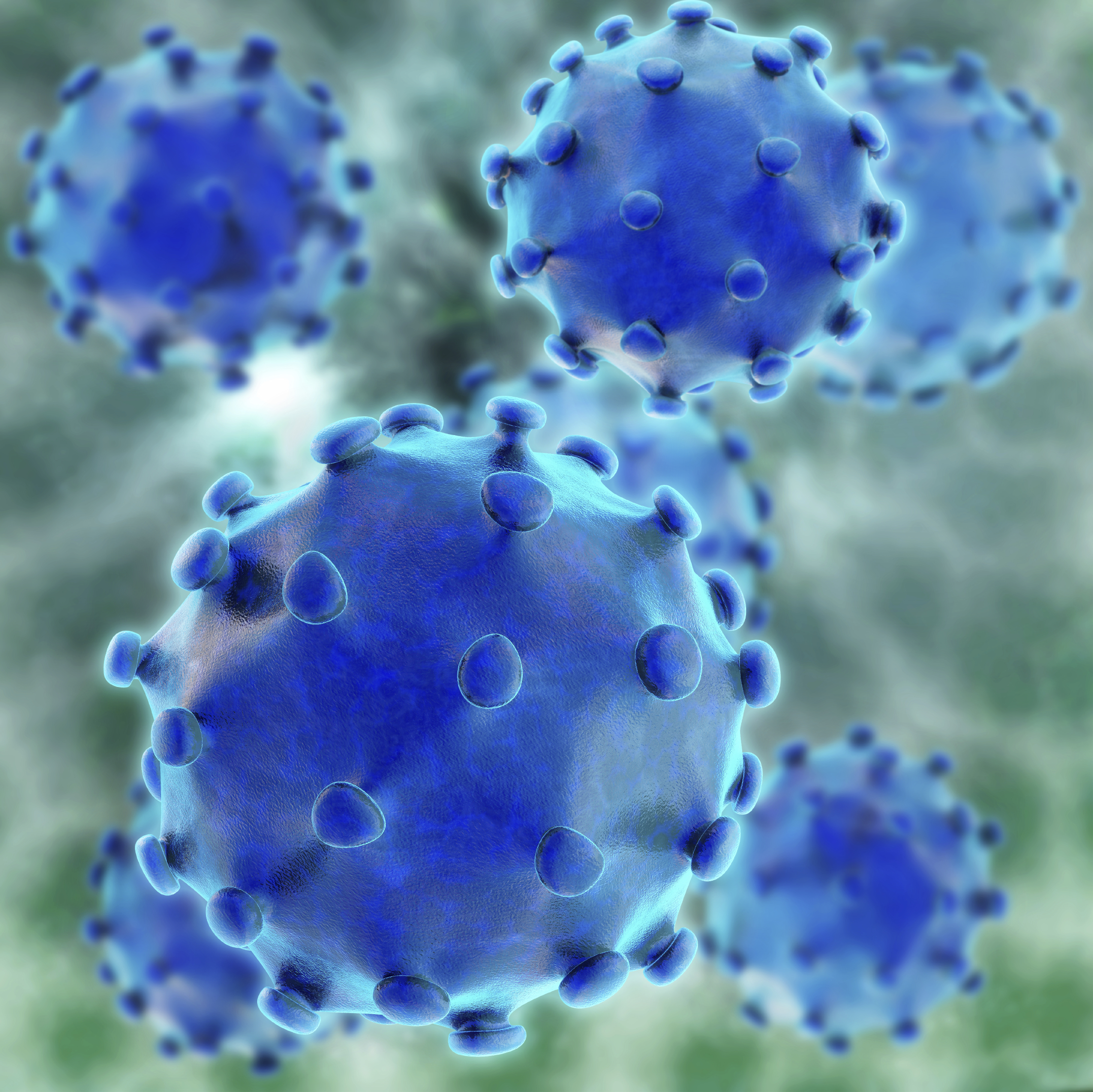AbbVie taking on Gilead with eight-week hep C course

AbbVie’s challenge to Gilead in hepatitis C is mounting after its latest combination drug produced 97.5% cure rates across all major disease strains after a treatment regimen lasting only eight weeks.
Gilead’s latest approved hep C combination, Epclusa (sofosbuvir+velpatasvir) is a 12-week treatment regimen, giving AbbVie’s glecaprevir+pibrentasvir (G/P) a potential advantage if approved.
Like Epclusa, AbbVie's regimen has fewer side-effects due to the absence of both ribavirin and interferon.
AbbVie plans to file the drug by the end of this year in the US, and early 2017 in the EU and Japan.
Latest data from AbbVie comes from registration studies for G/P, which also showed that across three eight-week arms, no patients discontinued treatment due to adverse side effects.
In more than 700 genotype 1-6 chronic HCV-infected patients without cirrhosis and who are new to treatment, 97.5% achieved sustained virologic response at 12 weeks post-treatment (SVR12), regardless of baseline viral load. The rate of virologic failure was 1%.
The top-line data comes from the eight-week arms of three late-stage clinical trials – ENDURANCE-1, ENDURANCE-3 and SURVEYOR-2 (part 4).
Across the eight-week arms of all three studies, there were no discontinuations due to adverse events (AEs).
The most common AEs, occurring at a rate greater than 10% across these arms were headache and fatigue; and there were no AEs in any study arm at a rate greater than 20%. No clinically relevant laboratory abnormalities, including liver enzyme changes, were observed.
Michael Severino, AbbVie’s chief scientific officer, said: “The results we announced today bring us closer to providing a potential pan-genotypic, once-daily treatment option with eight weeks of therapy for people living without cirrhosis and who are new to treatment.”
Approved earlier this year, Gilead's Epclusa was the first combination to treat all six major hepatitis C genotypes.
In hepatitis C, Gilead is becoming a victim of its own success, as many patients with advanced disease have now been cured. Earlier this month, Gilead said that it would not conduct any further hepatitis C research.












